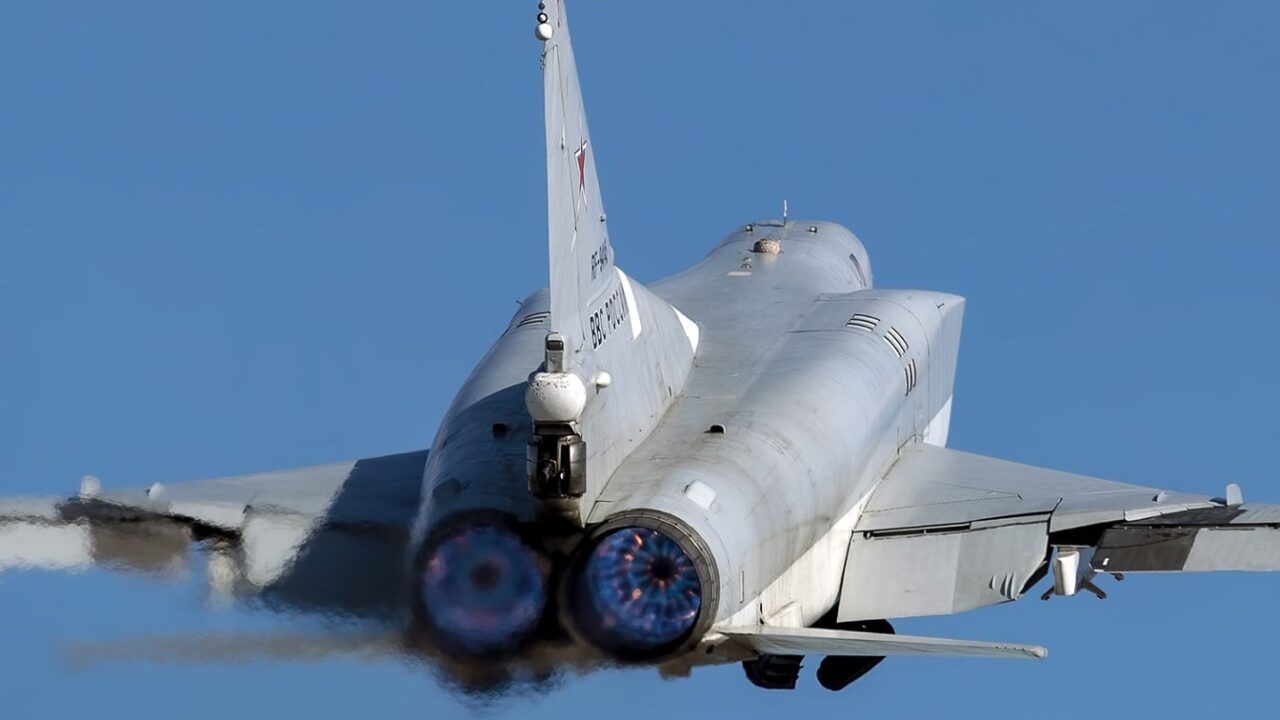Amid the Russian military buildup and threatening actions to invade Ukraine again, negotiations between Moscow and the United States have thus far been non-productive.
But during contentious meetings between the two nations, the Russians upped the ante on January 13, when Deputy Foreign Minister Sergei Ryabkov said that it could “neither confirm nor exclude” the deployment of Russian troops and missiles to Cuba and Venezuela. That sent shockwaves of alarm throughout the West and especially, in the United States where many remember the Cuban Missile crisis in 1962, where the two superpowers nearly came to nuclear war.
“It all depends on the action of our U.S. counterparts,” Ryabkov told the RTVI Russian television network about the U.S. threats to levy severe economic sanctions against Russia in the event of a Russian invasion.
But is the threat to move additional Russian troops and missiles into Cuba and Venezuela a credible threat? While it can’t be discounted completely, the answer is, as U.S. National Security Advisor Jake Sullivan said to reporters “bluster”.
Would Russia Really Send Forces to Cuba or Venezuela?
However, the threat alone conjures up images to older Americans as a time when the threat of thermonuclear annihilation was very real. Back in 1962, Premier Kruschev deployed Soviet nuclear missile launch platforms in Cuba and the U.S. responded with an embargo of the island with the two sides coming very close to conflict.
Eventually, the Soviets withdrew their missiles with the assurance from Washington that the U.S. would remove nuclear missiles from Turkey as well as the promise that they wouldn’t invade Cuba to force an overthrow of the Castro regime.
But the Russian threat to place missiles in Cuba, unlike the buildup around Ukraine which has a very real chance of happening, is low.
The Russians want to stop Ukraine from joining NATO and stop them from getting any closer to the West. But in doing so, they’re going to use the old Soviet political tactic of issuing ultimatums, actions, and then reaping the dividends, as retired Ukrainian retired Lieutenant General Ihor Romanenko and the former deputy chief of staff told Al Jazeera.
While Russia has maintained a close relationship with Cuba, the costs associated with placing a missile unit on the island nation would be prohibitive. President Putin, in a move to appease Washington back in 2000, closed down a Soviet-era surveillance facility. The Russian fleet, which is vastly downsized from its Soviet counterpart has no role for a base in Cuba.
And while Russian troops and proxy mercenaries from the Wagner Group have propped up Venezuelan strongman Nicholas Maduro when he was close to being deposed after a fraudulent election, sending troops and missiles there would only serve to threaten Venezuela’s neighbors, many of whom, like Colombia, have an adversarial relationship with the Maduro regime.
In 2018, two nuclear weapons-capable Tupolev Tu-160 bombers flew to Caracas in an apparent show of support for Maduro. Soon after, Russian “advisers” appeared, beefing up Maduro’s presidential security team and deployed to other strategic locations in the real event of a military coup to depose him.
President Putin issued a warning about a year ago, in regards to the situation with the former Soviet satellite states, which have traditionally served as a buffer to Russia, and for the West, in particular, the United States to cease expanding eastward.
If Russia’s adversaries “continue to threaten our fundamental security interests, …“Russia’s response will be asymmetrical, fast, and tough,” Putin said last April referring to a host of irregular warfare tactics they could use at their disposal.
Russia wants to reassert its sphere of influence to Eastern Europe. And they want NATO to stop expanding eastward toward its borders. And arguably most importantly, Russia wants NATO to stop troop rotations through former Warsaw Pact countries that have since joined the Western alliance.
Michael Carpenter, the US representative at the Organization for Security and Co-operation in Europe (OSCE), said that while the U.S. is ready to find a peaceful resolution to the Ukrainian situation, “we are not going to renegotiate core principles”, stating that the 1975 Helsinki Accords, the UN Charter and the 1990 Paris Charter, which guarantees the right of nations to make their own decisions about their security, free from the threat of force, and guaranteed the security of each nation’s borders.
“Those are sacrosanct. Those are our bedrock,” Carpenter said on January 13. He said he did not know if there were plans to put the US position in writing, as the Russians were demanding.
Steve Balestrieri is a 1945 National Security Columnist. He has served as a US Special Forces NCO and Warrant Officer before injuries forced his early separation. In addition to writing for 1945, he covers the NFL for PatsFans.com and his work was regularly featured in the Millbury-Sutton Chronicle and Grafton News newspapers in Massachusetts.

